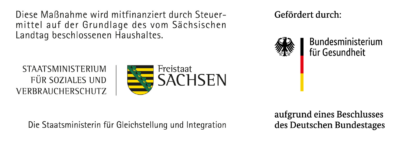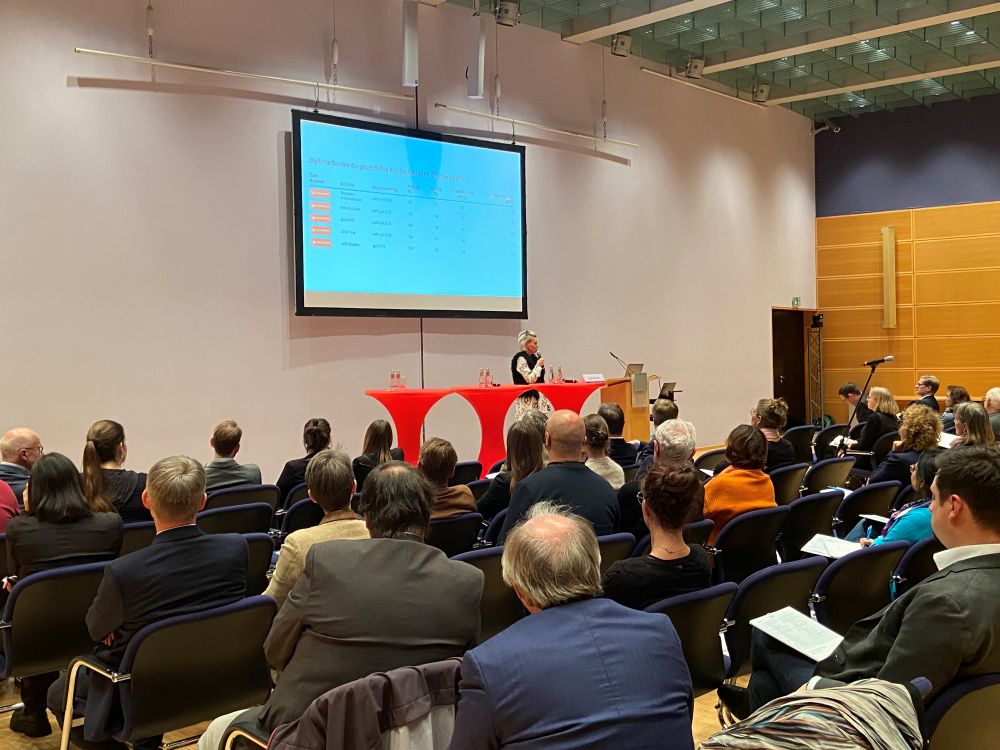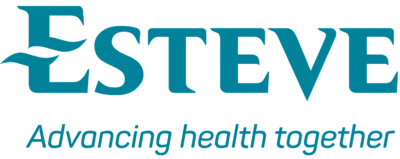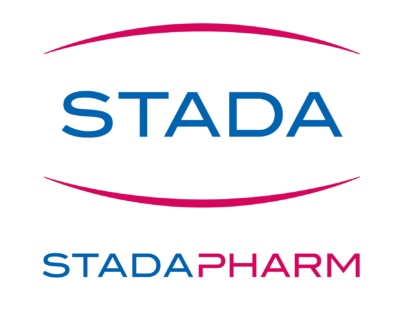
PANOS – Parkinson’s Network Eastern Saxony
PANOS has the goal of sustainably improving the care of Parkinson’s patients in the region of Eastern Saxony. This is based on a digitally supported integrated and cross-sectoral care concept.
The care of people with chronic, age-related diseases such as Parkinson’s disease represents a core medical care challenge. The Saxony region is particularly affected in this regard: Firstly, the population has the highest average age in Germany, and secondly, more than 50 percent of the population lives in rural areas far from a highly diversified medical infrastructure.
The prevalence of idiopathic Parkinson’s syndrome will continue to increase with the demographic development. Today, there are already more than 32,000 Parkinson’s patients living in Saxony, 41 percent of these patients are not treated by neurologists but by general practitioners. In order to meet the increasing number of people affected and the increasing therapeutic requirements, it is necessary to join forces in a specialized care network.
Within the framework of PANOS, a digitally supported, intersectoral and pathway-based care concept is to be established in a sustainable manner. It focuses on the late phase of the disease. The basis for a standardized, quality-assured and efficient patient care is a structured medical pathway.
The treatment concept of PANOS is based on six pillars:
- Network: Development of an intersectional and integrated care network
- Care pathway: structure as the foundation of quality and efficiency
- Intersectoral electronic medical record and digital sensors: digital innovation as base for collaborative pathway-based patient care
- Parkinson’s disease guides as intersectoral case managers and personal points of contact for patients and service providers: the personnel backbone of the network
- School for patients and further education as a foundation for standardized treatment: knowledge dissemination for patients and care providers
- Evaluation: what are the effects of PANOS as a care delivery intervention?
In the PANOS project, the inav is particularly responsible for activities in the area of network and quality management. This includes the identification, prioritization and approach of potential network partners. The aim is to establish a lively network of actors involved in Parkinson’s care in Eastern Saxony. Furthermore, the inav gathers and processes data together with other consortium partners to ensure the network structure as well as the process and outcome quality.
PANOS is funded by the German government based on a decision of the German Bundestag. The project is also co-financed from tax revenues under the budget passed by the Saxon state parliament.
Further information






